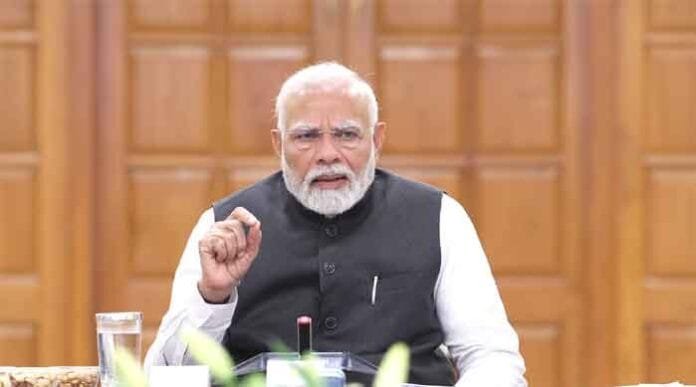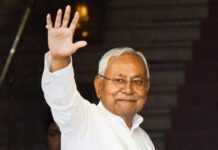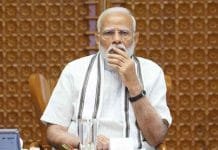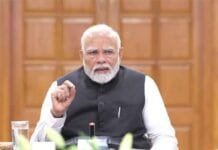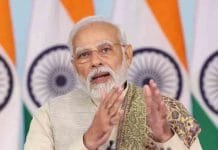The Prime Minister Narendra Modi has announced that he will not attend the Trump-led Gaza peace summit scheduled in Sharm el-Sheikh, Egypt. The Indian government cited scheduling conflicts as the reason for Modi’s absence, emphasizing that India continues to support efforts aimed at peace and humanitarian relief in Gaza.
India’s Ministry of External Affairs released an official statement: “While Prime Minister Modi will not participate in the summit, India remains committed to supporting humanitarian initiatives in Gaza and promoting dialogue for regional stability.”
Context and Background
The summit, co-chaired by U.S. President Donald Trump, aims to advance peace talks between Israel and Palestine following weeks of conflict. Global leaders, including representatives from Egypt and other Middle Eastern nations, are expected to attend to discuss strategies for humanitarian aid, ceasefire enforcement, and long-term conflict resolution.
India has historically maintained a balanced stance in the Middle East, advocating for peaceful negotiations and the protection of civilian populations. Modi’s absence does not signal a policy shift but reflects logistical and scheduling constraints, according to senior diplomats.
International Reactions
The announcement drew a variety of reactions:
United States: The White House expressed understanding, stating, “India remains a valued partner in promoting peace and stability in the region. We respect the scheduling constraints of participating leaders.”
Egypt: The host country emphasized that the summit’s objectives remain unchanged and welcomed India’s continued support through diplomatic channels.
United Nations: UN Secretary-General António Guterres reaffirmed that every nation’s diplomatic engagement, including India’s, is essential for sustainable peace in Gaza.
Expert Analysis
Political analysts suggest Modi’s absence could have minor symbolic repercussions but is unlikely to affect India’s influence in regional diplomacy. Dr. Arvind Sharma, an international relations expert, explained, “India’s role is more diplomatic and humanitarian. Modi’s non-attendance does not diminish India’s credibility; rather, it reflects practical scheduling realities.”
The summit’s agenda focuses on several urgent priorities, including the safe delivery of food, water, and medical aid, reconstruction of damaged infrastructure, and measures to prevent future escalations. India’s support for these initiatives is expected to continue through diplomatic engagement and financial contributions to aid agencies.
Voices from Indian Diplomacy
Senior MEA Official: “We are coordinating with partners to ensure India’s objectives at the summit are represented. Our focus is humanitarian relief and long-term regional stability.”
Foreign Policy Analyst: “India has historically played a balanced role in Middle East conflicts. Modi’s absence will not reduce India’s influence or credibility in negotiations.”
Impact on India’s Middle East Relations
India maintains strategic relations with Israel, Egypt, and Palestine. Modi’s decision to skip the summit underscores the practical challenges of global diplomacy while reaffirming India’s commitment to humanitarian efforts. Observers note that India continues to engage through official channels and multilateral forums.

